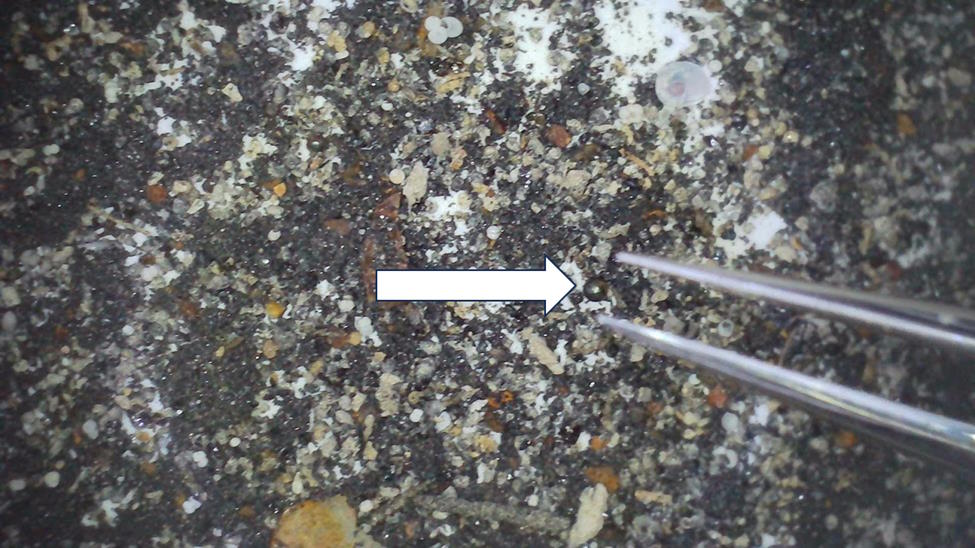Wednesday, March 13th 2024
The humiliating truth behind Harvard astronomer’s alien spherules
Avi Loeb, a Harvard astronomer, claimed an interstellar meteor hit Earth in 2014, possibly made of alien technology, landing in the ocean. His expedition recovered fragments of alien origin from beyond our Solar System. However, scientists refuted Loeb's baseless claims, deeming them embarrassing.
How AI has already changed coding forever
MongoDB CEO Dev Ittycheria compares present-day AI to the "dial-up phase of the internet era." In the "awkward toddler phase" of generative AI (genAI), basic tasks like math are clumsy. However, some areas, like coding assistants such as Amazon CodeWhisperer, show the future of generative AI. Real developers are leveraging genAI to boost productivity. Amazon CodeWhisperer offers contextual coding suggestions, detects security vulnerabilities, and allows for customizations to align with internal frameworks and coding conventions.
Scientists discover why Earth became a frozen planet 700 million years ago
Geologists in Australia have uncovered a chilling discovery about Earth's ancient past, shedding light on a mystery that puzzled scientists for years. Their research, recently published in the journal Geology, delves into the extreme ice-age climate that gripped the planet over 700 million years ago. Lead author Dr. Adriana Dutkiewicz vividly describes the planet frozen over, from poles to equator, with temperatures plummeting. Co-author Professor Alan Collins led a field trip to the Flinders Ranges in South Australia, unveiling glacial remnants that inspired the team's investigation. The Sturtian glaciation, lasting from 717 to 660 million years ago, predates dinosaurs and complex land plants, with the cause of its 57-million-year duration remaining a mystery. Geologists linked the prolonged ice age to the breakup of the supercontinent Rodina and volcanic CO2 emissions along mid-ocean ridges through plate tectonic models and computer simulations.

Analyse
The universe reminds us of our insignificance, and yet we believe ourselves to be the center of the world. I have always enjoyed pushing against the boundaries of our knowledge, whether by observing the stars or deciphering the languages we have created. The discovery of water on an exoplanet, the exploration of the Earth's oldest layers of history, the advancements in artificial intelligence, all point to our smallness in the universe. Space, time, thought – everything draws me in.
Humility should guide us in our quest for knowledge. Extraterrestrial spherules, AI, ancient ice ages – all should prompt us to question our relationship with the world. These different stories teach us the same lesson: we know nothing, our technology is in its infancy, our history is but a cosmic blink of an eye. It's like with the EMDrive or collapsologists. Innovation and discovery prevent us from fossilizing, but they force us to doubt our certainties.
Ultimately, all of this encourages me to embrace uncertainty. Just like with AI or frozen worlds. Every discovery, every advancement, leads to the unknown. It is in the unknown that we can truly grow. We are explorers, seekers of temporary truths in a universe that cares little for our desires and fears. "We will die one day. We cannot spend our lives trying to avoid the inevitable." In the meantime, let's explore, discover, marvel.
Generation cost: 24256 tokens/0.23$